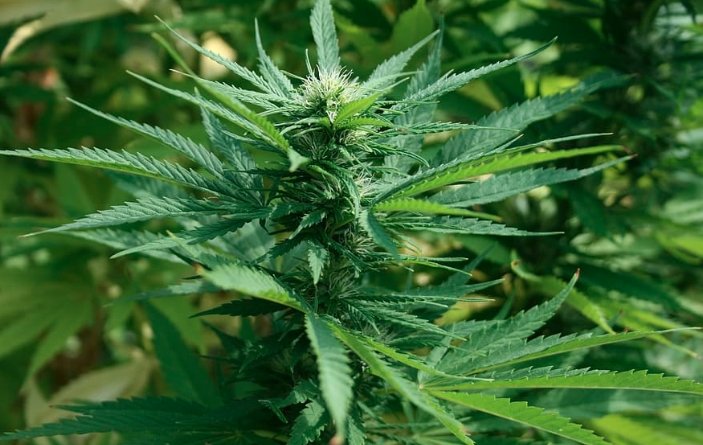Quebec’s cannabis consumers are facing a dilemma when they want to buy legal products online: they can only pay with credit cards, which may expose their personal information and compromise their privacy. This policy, according to a police captain in northern Quebec, is driving people to the illicit market, where they can pay with cash or cryptocurrencies.
Credit card payments pose privacy risks
The Société québécoise du cannabis (SQDC), the provincial government’s monopoly on legal cannabis sales, requires online customers to pay with credit cards and provide their full name, address, and phone number. This information is then stored by the SQDC and shared with third-party payment processors.
This poses privacy risks for cannabis consumers, who may not want their employers, insurers, banks, or family members to know about their cannabis use. According to a survey by Statistics Canada, 15% of cannabis users said they did not want anyone to know about their consumption.
A police captain in northern Quebec, who asked to remain anonymous, said this policy is a deterrent for many potential customers of the legal market. He said he has seen an increase in the demand for illicit cannabis in his region, especially among young people and Indigenous communities.

“They don’t want to leave a trace of their cannabis purchases on their credit cards, because they are afraid of the consequences,” he said. “They prefer to buy from the black market, where they can pay with cash or even cryptocurrencies, which are more anonymous and secure.”
Quebec lags behind other provinces in online sales
Quebec’s online cannabis payment policy is also in contrast with other provinces, where customers can choose from a variety of payment options, such as debit cards, e-transfers, PayPal, or prepaid cards. These options are more convenient and discreet for cannabis consumers, who may not have a credit card or may not want to use it for cannabis purchases.
According to the SQDC’s annual report, online sales accounted for only 6.5% of its total sales in 2022-2023, compared to 13.3% in Ontario and 18.4% in Alberta. The SQDC said it is working on adding more payment options, but did not provide a timeline.
Fabrice Giguère, a spokesperson for the SQDC, said the credit card policy is meant to prevent minors from accessing cannabis online. He said the SQDC verifies the age of customers through their credit card information and requires them to show an ID upon delivery.
However, some experts say this policy is ineffective and counterproductive. Jean-François Ouellet, a finance professor at HEC Montréal, said the credit card policy does not prevent minors from using someone else’s card or buying from the illicit market.
He said the policy also goes against the main objectives of cannabis legalization, which are to protect public health and eliminate the black market.
“The SQDC should offer more payment options that are convenient, secure, and respectful of the privacy of its customers,” he said. “Otherwise, it will lose market share to the illicit market, which will continue to thrive in Quebec.”
Quebec’s cannabis industry faces other challenges
The online payment policy is not the only challenge facing Quebec’s cannabis industry, which lags behind other provinces in terms of market size, production capacity, and product diversity.
According to the latest available data, published in 2019, Ontario’s cannabis industry is valued at three times more than that of Quebec. Where Ontario’s is estimated to be worth $3 billion, Quebec’s is less than $800 million.
Quebec also has fewer licensed cannabis producers than Ontario or British Columbia, and imposes strict regulations on the types of products that can be sold in the province. For example, Quebec prohibits edibles that appeal to young people, such as gummies, candies, and chocolates, and limits the THC levels in legal products to 10 milligrams per package.
Pierre Leclerc, the CEO of the Quebec Cannabis Industry Association, said these regulations are hurting the legal industry and benefiting the illicit market. He said the legal products are less attractive and potent than the illicit ones, which can have THC levels of up to 80 milligrams per package.
He said the Quebec government should adopt a more progressive and supportive approach to the cannabis industry, which has the potential to create jobs, generate revenues, and reduce social harms.
“We need more funding, more innovation, and more flexibility from the government,” he said. “We need to offer products that meet the needs and preferences of the consumers, and compete with the illicit market on quality, price, and variety.”



